• Study in Canada
1 Year Master's Programs in Canada
62587 Reads
3 min Read
- 1-year master’s program allows you to graduate in one year, making it a perfect program for career changers and specialization seekers.
- 1-year master’s program is relatively less expensive than the general master’s program in Canada.
- International students get up to 3 years of PGWP, which allows them to gain valuable Canadian work experience.
Table of Contents
- • Why Study a 1-year Master's Program in Canada?
- • General Masters Programs Vs. 1-Year Master's Programs in Canada
- • Top Courses & Universities for 1 Year Master's Programs in Canada
- • Eligibility Criteria for 1-Year Master's Programs in Canada
- • Documents Required for 1-Year Master's Programs in Canada
- • Admission Process for 1-Year Master's Program in Canada
- • Jobs after 1-year Masters in Canada
Why Study a 1-year Master's Program in Canada?
| Fast-Tracking Your Career | The biggest benefit of pursuing a 1-year master’s program in Canada is the speed at which you complete your degree. If there’s anything that works as a nitro booster for your career, it is Canada’s one-year Master’s degree. |
| Cost-effectiveness | Can’t afford tuition fees for a 2-year or longer master’s program? 1-year Master’s is the solution. It’s available at lower tuition fees and has a shorter duration, which significantly reduces money spent on living expenses. |
| Canadian Education Advantage | Canada has world-renowned universities, meaning the degrees procured from these universities are recognized worldwide. Getting a Canadian degree is important to impress potential employers anywhere in the world. |
| Post-Graduation Work Permit (PGWP) | Canada is world-famous for its PGWP, which allows you to work in the Canadian job market and obtain valuable work experience. PGWP offers a great way to join the Canadian workforce and potentially secure permanent residency. |
General Masters Programs Vs. 1-Year Master's Programs in Canada
| Features | 1-Year Master’s program | General Master’s program |
| Duration | 1 Year | 2 years or more |
| Cost | Less expensive | Higher overall cost |
| Focus | Specific area | Broader field |
| Suitability | Great for fast learners who want a career boost, switch their careers, or create a strong foundation. | Great for recent graduates who want a deeper understanding of a field. |
Top Courses & Universities for 1 Year Master's Programs in Canada
| Universities | 1 Year Master Program |
| Brock University | Master of Professional Accounting ISP |
| Crandall University | Master of Organization Management |
| Dalhousie University | Master of Arts in Economics Master of Development Economics |
| Lakehead University |
|
| Memorial University |
|
| Nipissing University |
|
| Toronto Metropolitan University | Master of Digital Media information |
| Trent University |
|
| University of Guelph |
|
| University of Manitoba |
|
| University of New Brunswick -Saint John Campus | Master of Business Administration |
| University of Ottawa |
|
| University of Prince Edward Island | Master of Laws (Course-Based) |
| University of Regina | Master of Arts in Media and Artistic Research (Thesis) |
| University of Saskatchewan | Master of Business Administration |
| University of Victoria | Master of Engineering in Applied Data Science (MADS) |
| University of Waterloo | Master of Business, Entrepreneurship and Technology |
| University of Windsor | Master of Business Administration - Professional Accounting Specialization (MBA-PAS) |
| Wilfrid Laurier University |
|
You must meet the eligibility criteria and requirements for admission to any of these universities.
Eligibility Criteria for 1-Year Master's Programs in Canada
| Bachelor’s Degree | You must have a bachelor’s degree in a relevant field. |
| English Language Proficiency Test Scores | You may have to submit your English language proficiency test scores (IELTS or TOEFL) to prove your command of the language. |
| Work Experience | Some universities may require you to submit your work experience of 1-2 years to get admission in a 1-year master’s program. |
| Entrance Test Scores | To get admission to a master’s program, you may have to appear in entrance exams and score well. Although the score requirement may vary, you may be expected to score at least 550-600 on the GMAT and 300 on the GRE. |
Documents Required for 1-Year Master's Programs in Canada
- Academic transcripts
- Updated CV
- Statement of purpose
- Recent photographs (passport size)
- English language proficiency test scores
- Letter of recommendation
- GMAT/GRE scores (Optional)
- Proof of finances
Once you have collected all the relevant documents, you can start your admission process.
Admission Process for 1-Year Master's Program in Canada
- Visit the official university website and search if they offer any program of your interest.
- Once you find your program, start the application process.
- Fill out the application form and upload the relevant documents.
- Double-check your application form and make it error-free.
- Pay the application fees and wait for the result.
- Once accepted, you may have to appear in an interview with the university’s officials.
That’s it, and if you succeed in getting admission to the university, you will receive an acceptance letter. After that, you can get your visa to fly to Canada and start your course.
Jobs after 1-year Masters in Canada
| 1-Year Master’s Program | Career Opportunities | Approx. Salary Range (CAD) |
| Master of Professional Accounting (MPA) |
| $60,000 - $120,000+ |
| Master of Organization Management |
| $60,000 - $100,000 |
| Master of Arts (MA) in Economics |
| $60,000 - $100,000+ |
| Master of Development Economics |
| $60,000 - $90,000+ |
| Master of Science in Management (Thesis-Based) |
| $65,000 - $100,000 |
| Master of Business Administration (MBA) |
| $70,000 - $150,000+ |
| Master of Science In Computer Science (Course Based) |
| $60,000 - $130,000+ |
| M.A.Sc in Safety and Risk Engineering |
| $65,000 - 100,000 |
| M.A.Sc in Energy Systems Engineering |
| $65,000 - $110,000 |
| Master of Environmental Studies (Major Research Paper) |
| $60,000 - $90,000+ |
| Master of Science in Mathematics (Major Research Paper) |
| $60,000 - $100,000+ |
| Master of Global Management |
| $65,000 - $110,000 |
| Master of Digital Media Information |
| $55,000 - $85,000 |
| Master of Bioenvironmental Monitoring and Assessment |
| $60,000 - $90,000 |
| Master of Science in Forensic Science (Course Based) |
| $60,000 - $90,000 |
Conclusion
A Canadian 1-year master’s program is the expressway you’ve been looking for to succeed and get a Canadian degree in the shortest possible duration. A one-year master’s degree in Canada can open up hundreds and thousands of opportunities for you to grab and grow in your career. Get boosters for your academic/ career development and learn in an environment brimming with exciting possibilities. The application process to apply for a 1-year master’s program can be confusing, but having proper guidance can help make it easier. For instance, the study abroad consultants at Canam are well-equipped with the knowledge to help you navigate the application process and live your dream in Canada. Contact Canam today and simplify your study abroad journey to Canada.
FAQ
Get great articles direct to your inbox
The latest news, articles, and resources, sent straight to your inbox every month.
Popular Universities to Study Abroad
World class education waiting for you.
.png)
Shorelight Group - Lynn University
Florida, USA • 47 Programmes
Tuition Fee : USD 44000-45000 / year
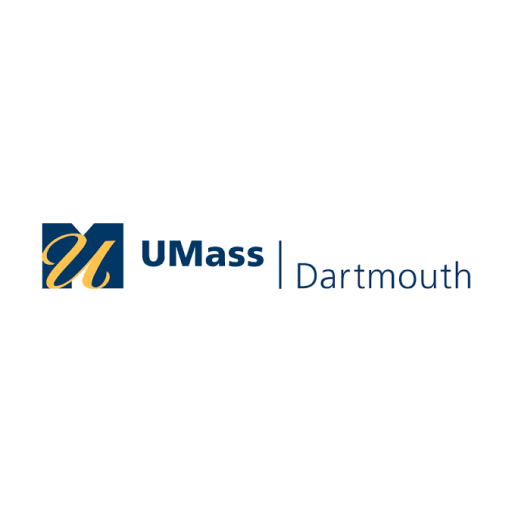
University of Massachusetts Dartmouth
Massachusetts, USA • 98 Programmes
Tuition Fee : USD 30000-31000 / year
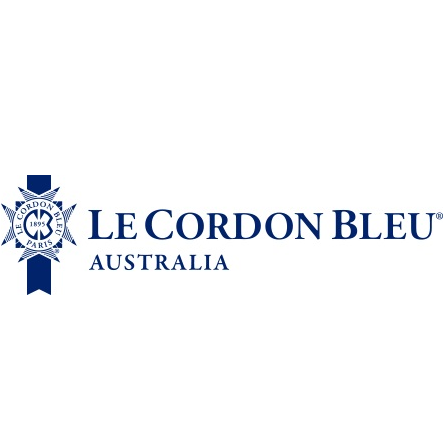
Le Cordon Bleu - Melbourne Campus
Victoria, Australia • 8 Programmes
Tuition Fee : AUD 19500-20000 / year
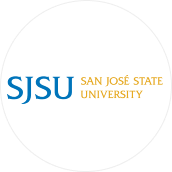
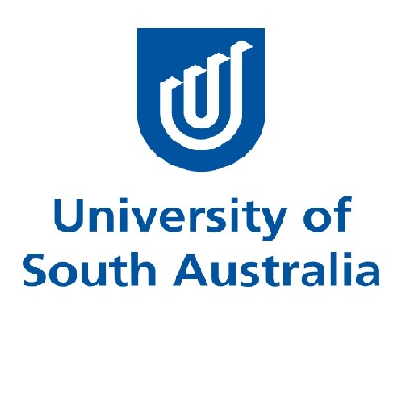
University of South Australia - Mawson Lakes Campus
South Australia, Australia • 42 Programmes
Tuition Fee : AUD 30500-42000 / year
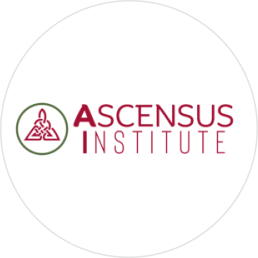

Georgian College - Owen Sound Campus
Ontario, Canada • 10 Programmes
Tuition Fee : CAD 14000-21500 / year
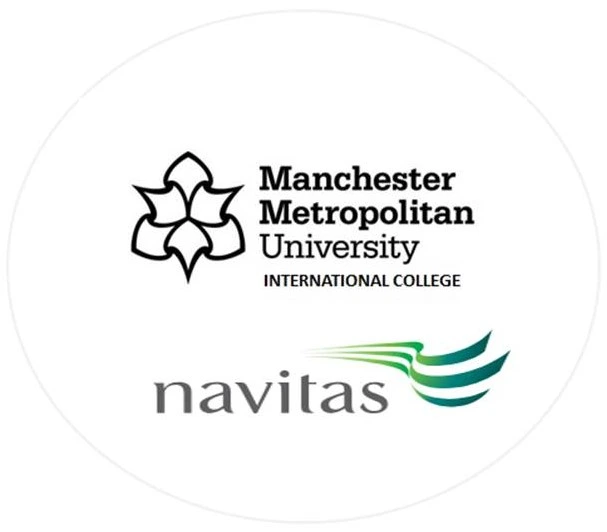
Navitas Group - Manchester Metropolitan University International College
England, UK • 158 Programmes
Tuition Fee : GBP 15000-18000 / year
Popular English Language Proficiency Exams
Blogs and Articles
Curated content to keep you updated on the latest education trends, news and more.
Updated on • Jul 17,2025 05:33 PM IST • USA
PTE Accepted Universities in Australia
Updated on • Jul 17,2025 05:09 PM IST • PTE
Part-Time Jobs for International Students in Australia
Updated on • Jul 17,2025 03:44 PM IST • Australia
Updated on • Jul 12,2025 04:02 PM IST • USA
Updated on • Jul 11,2025 11:32 AM IST • Education
CPT vs OPT: Meaning, Difference, and How to Apply
Updated on • Jul 11,2025 10:40 AM IST • USA
Masters in Computer Science in UK: Top Colleges, Eligibility, Scholarships
Updated on • Jul 10,2025 11:29 AM IST • study in the UK
Highest Paying Jobs in the World
Updated on • Jul 08,2025 01:40 PM IST • Study Abroad
MBA in Australia for Indian Students: Best Universities, Requirements, Scholarship, Courses, Jobs
Updated on • Jul 08,2025 01:35 PM IST • Australia
Canada vs Australia: Which Country is Better for Indian Students in 2025?
Updated on • Jul 07,2025 12:46 PM IST • Education
France vs Germany: Which Is Better for International Students?
Updated on • Jun 30,2025 05:15 PM IST • Education
Top 10 Agricultural Universities in USA
Updated on • Jun 27,2025 05:25 PM IST • USA
Most In-Demand Future Careers in 2025
Updated on • Jun 26,2025 04:41 PM IST • Education
How Much Do Nurses Make in the U.S.?
Updated on • Jun 23,2025 03:59 PM IST • USA
Updated on • Jun 21,2025 02:00 PM IST • USA
MBA in UK: Universities, Eligibility, Types, and Career Opportunities
Updated on • Jun 19,2025 04:09 PM IST • UK • study in the UK
Scholarships in France for Indian Students
Updated on • May 29,2025 05:22 PM IST • France
Intakes in Dubai for Indian Students
Updated on • May 27,2025 03:34 PM IST • Study in Dubai
France Student Visa 2025 – Requirements, Fees, Checklist & Application Process
Updated on • May 23,2025 03:36 PM IST • France
MBA in France for Indian Students in 2025
Updated on • May 22,2025 05:35 PM IST • France
Related Blogs and Articles
A little effort to provide an authentic and reliable content for keen readers!!
Updated on • 22-05-2025 • Study in Canada
Job Opportunities in Canada for Indians: Salaries, Best Job Sites & More
Updated on • 20-05-2025 • Study in Canada
Updated on • 24-01-2025 • Study in Canada
Canada Student Visa Interview Questions
Updated on • 23-01-2025 • Study in Canada
Updated on • 15-01-2025 • Study in Canada
September/Fall Intake Canada 2025: Timeline, Universities & Admission Requirements
Updated on • 03-01-2025 • Study in Canada
Updated on • 02-01-2025 • Study in Canada
Life in Canada as an Indian Student
Updated on • 26-12-2024 • Study in Canada
Timeline for Winter (January) Intake in Canada 2025
Updated on • 21-12-2024 • Study in Canada
Updated on • 05-12-2024 • Study in Canada
Best Cities to Study in Canada
Updated on • 21-11-2024 • Study in Canada
Bachelor of Architecture in Canada
Updated on • 13-11-2024 • Study in Canada
Canada Study Visa - Fee, Requirements, How to Apply & More
Updated on • 05-10-2024 • Study in Canada
Study intakes in Canada - Fall, Winter & Summer
Updated on • 03-10-2024 • Study in Canada
Letter of Recommendation (LOR) for Canada: University Requirements, Sample and Writing Tips
Updated on • 26-09-2024 • Study in Canada
New Rules & Regulations in Canada for International Students
Updated on • 31-08-2024 • Study in Canada
Public Transportation in Canada for International students
Updated on • 29-08-2024 • Study in Canada
Healthcare in Canada for international students
Updated on • 27-08-2024 • Study in Canada
Courses in Canada for International Students
Updated on • 10-08-2024 • Study in Canada
Top PG diploma Colleges in Canada - Courses, Eligibility & More
Updated on • 06-08-2024 • Study in Canada












